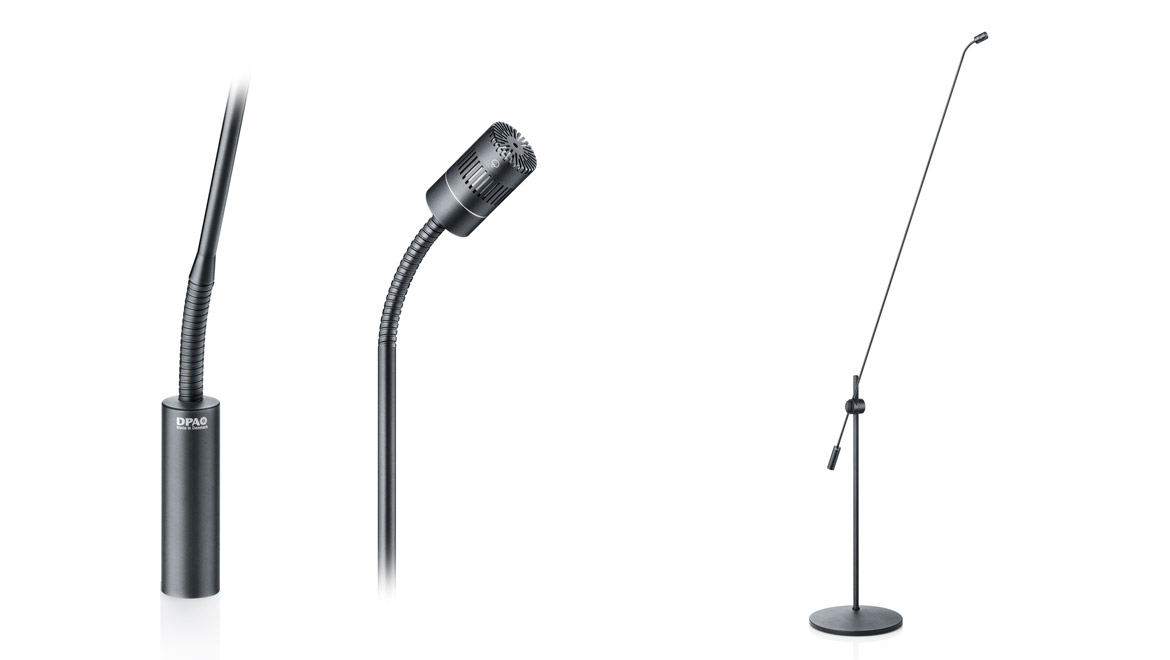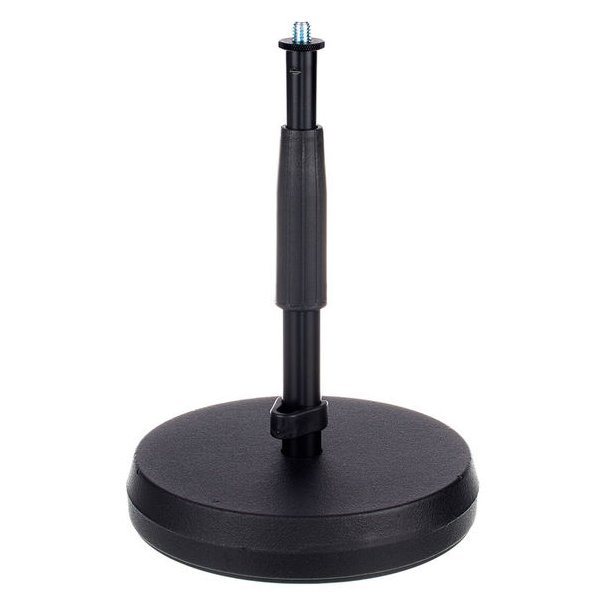Digital Audio
Digital audio is
technology that can be used in sound recording and reproduction systems.
It will record,store,generate,manipulate and reproduce sound using audio signals encoded in digital form
Analogue
wave is recorded or used in it's original form
an analogue recording is one where a property or characteristic of a physical recording medium is made to a vary in a manner analogous to the variations in air pressure of the original sound
What is an audio signal path/flow
signla flow is the order of operations a sound goes through
when you record an instrument, the sound goes through different stages before you hear it through speakers/headphones
process of recording
sound goes through the microphone
audio lead goes through the recorder input
recorder input goes through the record pre ampilfer
adc to the recording medium
Process or replaying
Recroding medium (Disk,hard drive, SD) goes through the digital to analogue converter(DAC) and then through the replay pre-amplifer) to the power/headphone amplifer and then to the loudspeaker/headphones and to the sound
recording levels
When you are recording, audio level should stay on the negative side of the number scale and never go above 0 (db). Anything above this results in disortion,which wil make your audio torture to listen to, it suggested to keep your level at around -10 to -12, but this can vary depending on your project and yuor subject.
Odb doesn't mean "no sound". Instead, it refers to the highest level that a digital system can handle without clipping the signal
Sound file formats
audio coding formats or audio codecs are those strange files names you next to your favoutire songs.
Metadata
is what makes it easy for us to browse our music without investing hours of time alphabetizing and folder creating. It involves information such as...
Artist
Album
track
Genre
a codec is a device or program that compresses data for transmission and dcompresses the received data. In the case of audio, codecs affect your listening experinence, whether you're using headphones,earbuds or Bluetooth speakers
Mono and Stereo recording
the difference between monophonic (mono) and sterophanic(stereo) sound is the number of channels used to record and playback audio. Mono signals are recorded and played back using a single audio channel, while stereo sounds are recorded and played back using two audio channels. As a listener, the most noticeable difference is that stero sounds are capable of prodcuig the perception of width,whereas mono sounds are not
Compressed files
Advantages
Their size which is about 1/10 the file size of data CD's
small file format because files are so small, they can be easily distrubed over the internet, and huge libaries stored on computers or handheld devices and because of this they can become the consumer standard for purchasing music
easy to convert WAV or CD to MP with free software
compresses files with small difference to the overall sound quality
Disadvantages
to compress the file audio quality is then sacrificed through its very MP3 encoding is not perfect
compression can result in odd audio "artefacts" that are dertrimental to audio quality particularly to higher frequencies
This audio inaccuracy means that the MP3 are not suitable for pro audio work. In addition many DJ's make sure that they use only higher quality 320kps files, as big sounds systems will tend to make lower rate files sounds and lower rate
Uncompressed audio files
advantages
promises a better listening experience than any other streaming service on the market
remains when the same when it records
the quality of the digital audio remains intact as it's unchanged
disadvantages
File size as your music take up a lot of space if you store it all uncompressed and unless you plan on editing the audio
some of the data is unnecessary and this is where lossless compress in
Lossless audio files
advantages
no loss of quality
slight decreases in file sizes
Disadvantages
larger files than if you were to use lossy compression.
Lossy Compression
advantages
lots of tools
lots of software
lots of plugin
disadvantages
quality degrades with a higher ratio of compression
can't get back to original after compression
Microphone types, accessories, mounts, applications and placement
mono microphone
single microphone element.
The microphone element is normally placed at the back of a barrel
has connection vents on both sides
Condenser
microphones are commonly used for studio recording
especially on vocals and instruments such as acoustic guitar or piano
good condenser mic can pick up much more tonal variation and nuance than most dynamic microphones.
but they also tend to cost more and more fragile.
they pick up more sonic detail than dynamic mics, condensers require special handling
RF Condenser
they fulfil the very highest demands on sound quality and versatility and are renowned for their high quality, highly accurate sound reproduction, ruggedness, all weather operation wide frequency response and extremely low inherent self noise
Electret condenser
variation of the condenser microphone
Instead of requiring an external voltage source to change the diaphragm, an electret microphone uses a permanently charged plastic element (electret) placed in parallel with a conductive metal black plate
Dynamic
can capture loud sounds without distortion which makes them useful for projecting vocals over a band, or milking drums or guitar amps. when used properly,
they can add presence or edge to the sounds they pick up. They're built for physical demands of live performance, so they're less likely to break then other microphones.
A good general purpose dynamic mic like the Classic SM58 and starts around $100
Ribbon Mic
actually a type of dynamic microphone, instead of a dynamic microphone's diaphragm, that is attached to a moving coil that vibrates within a magnetic field, ribbon mics feature on extremely thin strap of metal suspended in a strong magnetic field
advantages of a dynamic condenser mic
they are cheap
do not require a power source to run
provide good sound quality in all areas of microphone performance
rugged and able to handle high sound pressure levels like those delivered by a kick drum
disadvantages of a dynamic condenser mic
lower sensitivity and power output
slower response time
not the best choice for maximum audio quality
large and heavier
advantages of a condenser mic
more sensitive
better audio quality
can be extremely small
disadvantages of a condenser mic
higher self-noise
more fragile
more expensive
prone to weather problems RF interference
Pick Up Patterns
the omnidirectional microphone picks up sound in every direction the font the back and the side.
this microphone is good if the sound source comes from a variety of directions and is moving from one side to another in front of the mike.
The cardioid or omnidirectional microphone picks up sound primarily in a heart shape from the front of the microphone including little from the sides but doesn't pick up from the back. This pickup pattern is excellent for voice mikes and making musical instruments
The hypercardioid ,microphone picks up only sound from the front and is very directional
excellent fr isolating sound sources like bird calls,individual actors taking in a drama or isolating one voice in a sea of voices
The bidirectional microphone picks up sound from two distinct sides of the mike. You would use a mike with this pickup pattern primarly to record two voices talking into the same microphone
stereo microphone have two microphone element and are designed to give you a wider more immersive sound field than mono microphones
wide pickup pattern is preferable for most live events and when shooting outdoors e.g. radio microphones
Mount
Floor stands
Table Stands
Camera Mounted
Boom/dolly mounted
Windshield
Unit 25- Sound recorders,Connectors and Connecting procedures
Types of sound recording set ups
Portable/Battery operated
(Field/Location recording interior and exterior, custom recorders)
Studio/Mains operated application
(Studio recording recording software for computers)
Field Recording
used for an audio recording produced ooutside a recording studio, the term applies to the recording of both natural and human produced sounds.
The sound recorder used is called Digital recorder
Lavalier microphone is the best type
Location recording
act of making a high quality complex audio recording of a live concert performance or any other location recording that then uses multitrack recording techniques outside of a recording studio.This is good as it can be recorded place or another time.
Examples
Audacity
GarageBand
Logic
Pro-x
These softwares are very good especially Audacity it is the easiest one to use
recroding level measurement
VU meter measures db and can also help with tune in vocals
VU meter displays the average level of an audio signal
PPM displays the volume level at a peak
for a steady state stine tone, the differene between
Frequency repsonse defines the range of sound that a microphone can reproduce amd how it's output varies within that range. This frequency and how it's output varies within that range. The frequency response is the most siginifcant factor in determining the sound signature of a microphone.
Mono Jack
guitars and amplifiers
Stereo Jack
guitar amp
RCA Phono plug
gets a stereo signal
attached in pairs
video input and output
3 xlr
Microphones
di boxes
tracking of the sound
most connection on one end
Speakon Connector
connecting speakers to amplifiers
scrudulous connections
Problems with recording outdoors is that it creates a load of muffle and if you don't have a dolly it will be harder as it will be poor sound. Another problem would be permission and being able to use th person's voice. Buy a muffler as wind will effect
ambient sound it will be for an omnidirectional as this helps to pick up audio in all directions
Reverb
(short for reverbnation) is the acoustic environment that surrounds a sound. Natura; reverb exists everywhere, whether tje space that is being described is a bathroom or a gymnasium, the essential characteristics remain the same.







Comments
Post a Comment